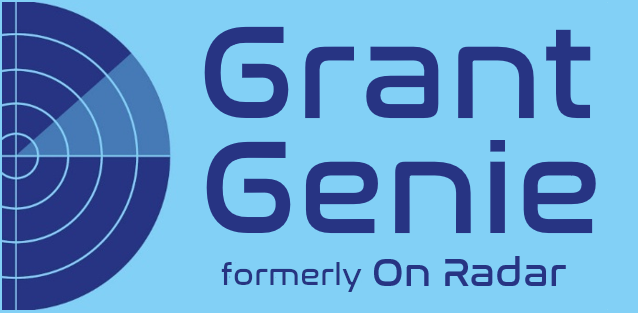
Non-Profit funding in minutes - not days!

Researching potential funders is a critical step in ensuring your fundraising application reaches the right audience. Begin by identifying a broad list of potential funders, including foundations, government grant programmes, corporate giving programs and individual philanthropists. Use resources such as online databases, grant directories, and networking with other charities to compile this list.
Of course, Grant Genie has an AI-powered Grant Genie that uses sentiment analysis to search more than 1000 live grants and to then prioritise the top funders for you. I highly recommend you try this excellent feature to find potential funders.
Once you have a list, narrow it down by researching each funder’s specific interests and priorities. Review their funding history, mission statements, and the types of projects they have supported in the past. Look for funders whose interests align closely with your organisation’s mission and the specific project for which you are seeking funding. This alignment increases the likelihood that they will be interested in supporting your cause.
Check each funder’s eligibility criteria to ensure your organisation qualifies. This includes reviewing any geographical restrictions, the types of organisations funded, and any specific project foci. Understanding these criteria helps you avoid wasting time on applications that are unlikely to be considered.
Pay attention to the funder’s application process and deadlines. Take note of whether they require a letter of intent before a full proposal and if there are any specific guidelines for submitting applications. Knowing these details allows you to plan your application timeline effectively.
By thoroughly researching potential funders, you can tailor your applications to match their interests and requirements, significantly increasing your chances of success. This step also helps you build a targeted list of funders who are more likely to support your organisation’s work.
Image Credit: UX Indonesia (unsplash.com)
Updated: 21st Jun 25